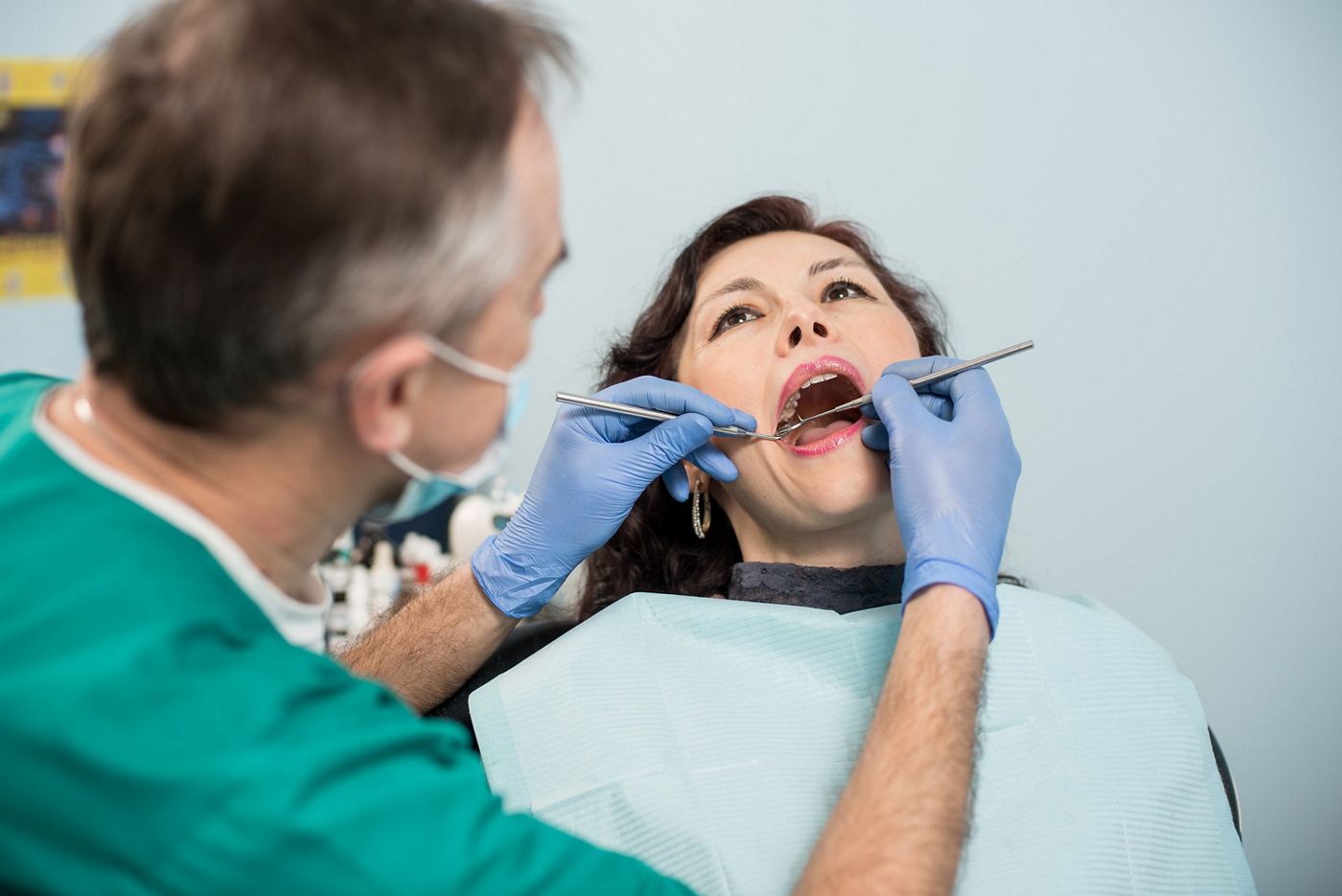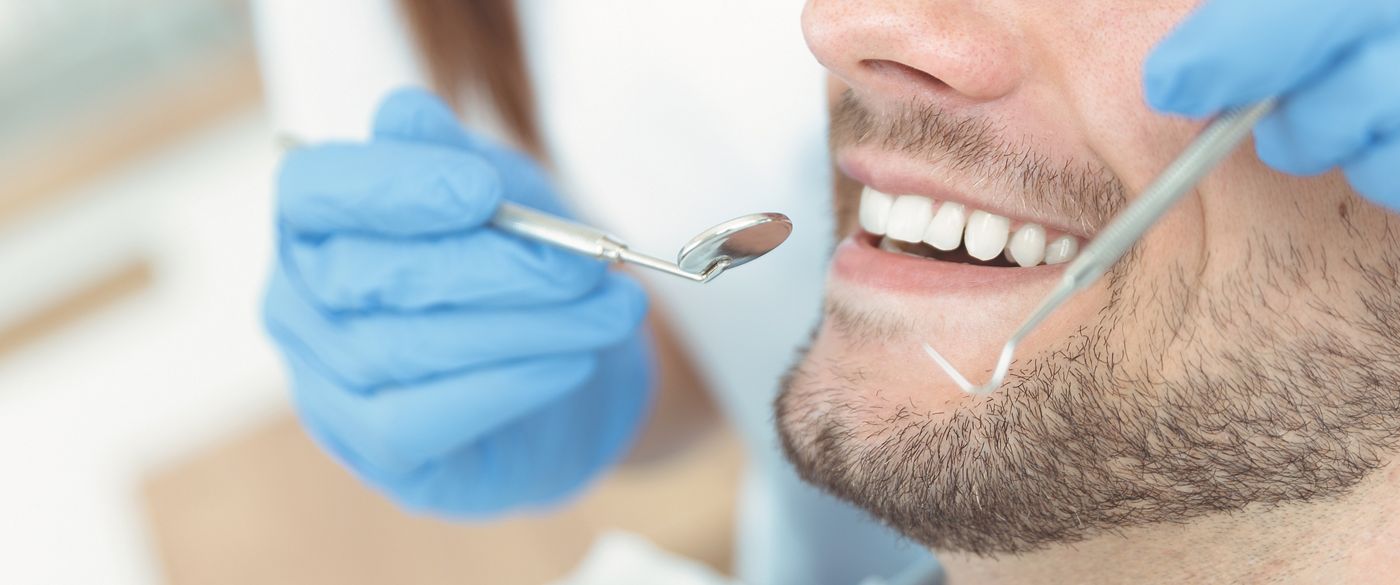How long after tooth extraction can I eat?
After a tooth extraction, one of the most common concerns is about when and what to eat.
It's crucial to follow specific dietary guidelines to ensure proper healing and avoid complications. It´s usually recommended not to eat for 3-4 hours after a tooth extraction, however, other guidelines covered in this article will also be important during your recovery.

Eating guidance after a tooth extraction
The initial days following a tooth extraction are crucial for healing, and the right diet plays a significant role. It's essential to choose foods that are gentle on the tooth extraction site and provide the necessary nutrients for recovery.
Recommended foods immediately after extraction
After a tooth extraction, it's best to opt for soft, cool foods that are easy on the extraction site. Ideal choices include yogurt, pudding, and applesauce, which are soothing and easy to consume. Nutrient-rich liquids like broths and smoothies (avoid using a straw) are also excellent as they provide essential vitamins and minerals while being gentle on the mouth.
These foods help in maintaining adequate nutrition without aggravating the sensitive area. You can find more information on this within our What to eat after a tooth extraction article.
Foods to avoid right after tooth extraction
Certain foods can disrupt the healing process and should be avoided for at least 24-48 hours after a tooth extraction:
- Hard, crunchy, or chewy foods can irritate or harm the extraction site.
- Spicy and overly hot foods can cause discomfort and irritation.
- Foods with small, hard particles, such as seeds or nuts, pose a risk of getting lodged in the extraction site and should be strictly avoided to prevent complications.
Habits to avoid after extraction
Certain habits can negatively impact the healing process after tooth extraction and should be avoided for a smooth recovery.
Avoiding smoking and tobacco use
Smoking or using tobacco products post-extraction can severely hinder the healing process. The act of smoking can dislodge the blood clot at the extraction site, leading to dry socket, a painful condition. Additionally, tobacco smoke contains harmful chemicals that can delay healing and increase the risk of infection.
Steering clear of strenuous physical activity
Engaging in heavy physical activity or exercise immediately after an extraction can lead to increased bleeding and swelling at the extraction site. It's advisable to rest and limit physical exertion for at least 24 to 48 hours post-procedure.
Being cautious with oral hygiene practices
While maintaining oral hygiene is essential, being too aggressive with brushing or flossing around the extraction site can disrupt the healing process. Gentle brushing and using saltwater rinses are recommended. Avoiding commercial mouthwashes that contain alcohol in the initial days is also advisable, as they can irritate the wound.
Limiting exposure to extreme temperatures
Consuming foods or beverages that are too hot or too cold can cause discomfort and irritation at the extraction site. It's best to consume food and drinks at a mild temperature to avoid any adverse reactions.
Avoiding straws and alcohol for safe recovery
The use of straws post-extraction can be detrimental. The suction action can dislodge the crucial blood clot at the extraction site, leading to dry socket, a painful condition that delays healing.

Factors affecting recovery time after tooth extraction
Recovery time after tooth extraction can vary based on several factors, including dietary choices, oral hygiene practices, and the nature of the extraction.
The impact of spicy and acidic foods on healing
Consuming spicy and acidic foods after tooth extraction can be problematic. These types of foods can irritate the tooth extraction site, leading to increased discomfort and potentially delaying the healing process. It's advisable to avoid such foods until the extraction site has sufficiently healed to prevent any side effects during the recovery.
Oral hygiene's role in post-extraction healing
Good oral hygiene is critical after tooth extraction. Gentle brushing around the extraction site, coupled with saltwater rinses, can aid in keeping the area clean and free from infection. Vigorous rinsing or brushing should be avoided as it can disturb the healing site. Proper oral hygiene practices are key in preventing infection and promoting a quicker and more effective healing process.